
Dear readers,
The Olympic regatta is over, with no medals for Germany. What was the reason? Before the analysis of each individual athlete is completed, one thing can be said: The conditions before Marseille did not exactly play into the Germans' hands. The organisers could have done more.
While the race organisers were generally praised rather than scolded by the Olympic sailors, there is still room for improvement. Because one thing is clear: anyone who has fought for a starting place at the summit of sailing under the five rings and often earned it through hardship wants to sail, surf and kite at this summit under good and fair Olympic conditions. However, the conditions at this Olympic regatta were not always equally fair for everyone. The difficulties in Marseille may have been partly due to the super light extreme wind conditions, but they were also partly man-made or decided by man. It's about the many cancelled races.
Although it is well known that the subjunctive does not apply in sport, it is worth asking yourself what Basti Kördel - after a weak start on an upward trend - could have achieved in further races? What Philipp Buhl would have done in a fighting mood with two more races? How Simon Diesch and Anna Markfort could have used the cancelled 470 mixed races?
Correct: We don't know. And we will never know. But also true: The sailors and we would have loved to have experienced it!
It was all the more disappointing that the kiters were only able to hold a short programme in the weakening winds of the second Olympic week, which was not broadcast until the final: there were only six races for the women instead of the 16 planned - just enough for an Olympic ranking and the start of the final series. The men also only had seven races. That was even less than the 13 out of 20 planned races for the windsurfers.
Next example: the Ilca 7 fleet, whose last two races were cancelled due to a lull. The cancellation deprived the German 2020 world champion Philipp Buhl and others of a fair chance to make a comeback and reach the final. The 470 fleet also failed to complete more than eight of the ten planned races in the Marseille shivering winds. After two controversial penalties for alleged pumping and their abandonment in race eight in accordance with the regulations, the German medallists Simon Diesch and Anna Markfort were not given the chance to push themselves back to the front, where they were before the penalty flags.
Yes, sailing is an outdoor sport. Sailors, windsurfers and kiters are used to taking what the winds offer them. They know what it's like to wait for better conditions and also to miss days in calm or stormy weather. People cannot be held responsible for adverse wind conditions. But they are responsible for how they deal with them.
It should be noted that there were more cancellations than necessary on the powerful stage in Marseille in the extreme light wind conditions. There were several reasons for this. Philipp Buhl explained one: "In view of the well-known light wind forecasts and with the declared aim of sailing ten races up to the final, it would have been possible to complete three instead of two races in better wind conditions." This would have required courage, foresight and, if necessary, a change to the programme. However, this is generally not welcomed at the Olympic Games, which are organised by TV broadcasting interests.
The strength of the organisers' TV interests was also evident in other classes, where races were not started faster when wind windows opened. Another problem was apparently the rapid towing of Ilca 7 or 6 groups, which would have made the field more agile. They were not allowed. The helmsmen and helmswomen were supposed to reach the harbour and course under their own power - powered by nature. Also because no television pictures with motorised boats and Olympic dinghies in tow were desired.
The ban was not only an imposition for the already "roasted" athletes on long days in enormous heat above 35 degrees and scorching sun, but also counterproductive for efficient movements of the fleet in favour of faster race starts. On one day, the coaches even mutinied: one of them set up a tow in favour of the sailors anyway, while others followed suit. This was not further penalised with the remark "But don't let them film you".
It is also interesting to know why a latest start time of 5.37 pm was set for finals days and why hardly any races were held later on "normal" Olympic race days. The "Field of Play" - the bay of Marseille and the harbour - always had to be cleared by 8pm. This in turn made life very difficult for the new Olympic kiters, for example, as they hardly had time to hang up their kites to dry after late races and returning to their campsite.
The kiters were also amused or even annoyed by the fact that they were scheduled with the same "deltas" as Ilcas, for example, at their premiere. In other words, when they were sent to an outdoor course such as "Calanque" in the bay of Marseille for further races, for example, an "approach time" of 45 minutes was set. This meant that there could be no start outside before then. Afterwards, the wind was often gone again. Austria's Alina Kornelli, the first to suffer in the final cut in eleventh place and disappointed not to have been given another chance to catch up on the final day, explained: "We kiters only need five minutes to reach a course like this. Anyone who compares us to boats like Ilcas when it comes to planning doesn't understand kiting."
Marseille was nevertheless a good host city for the Olympic sailing regatta for two and a half weeks. Thanks to Olympic investments totalling around 45 million euros, the city now has a beautifully renovated and modern sailing harbour south of the famous Vieux-Port - a gift from the Olympic Games. The French Sailing Federation FFVoile has a branch there, where sailing is set to flourish beyond its strongholds in Brittany in France's second largest city. I will gladly come back with time to explore. Unfortunately, time was in short supply at the Olympics due to all the waiting and postponements. Now I'm looking forward to a fresh north German breeze, please!
With Olympic greetings from Marseille, yours
Tatjana Pokorny,
YACHT sports expert
Click on it to see through:
The week in pictures
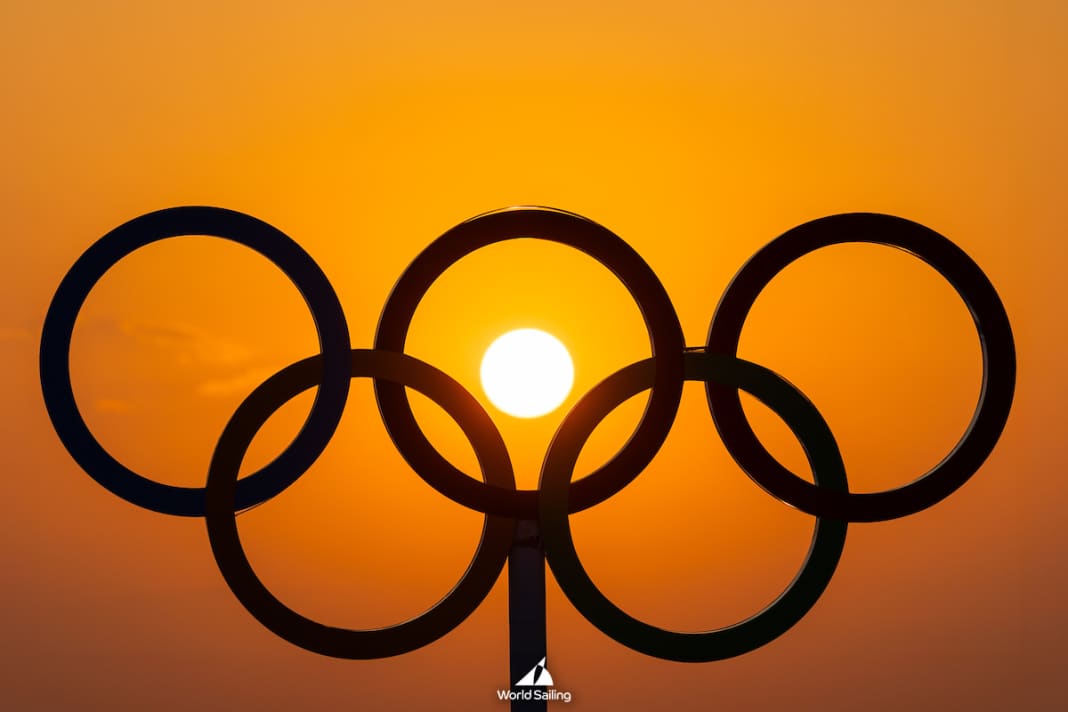





Recommended reading from the editorial team

Linjett 36
First impressions, fresh photos, nice details
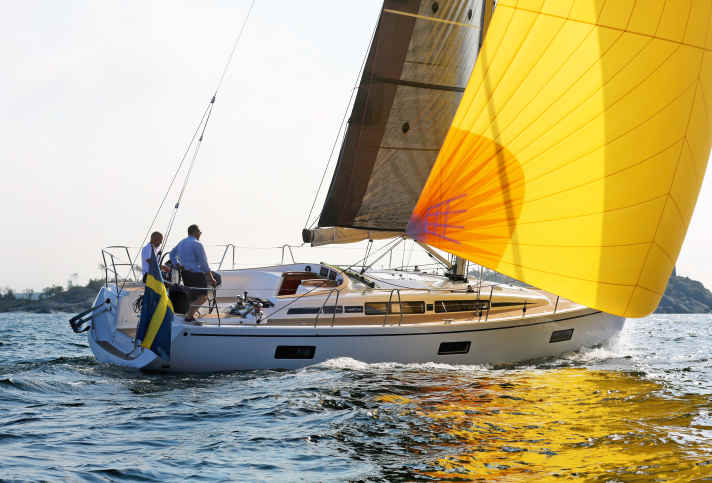
The new Linjett 36 manages the balancing act between tradition and modernity. The boat is the smaller version of the successful 39. The prototype is already afloat.
Technology
16 ingenious boatbuilding solutions that are rarely found anymore
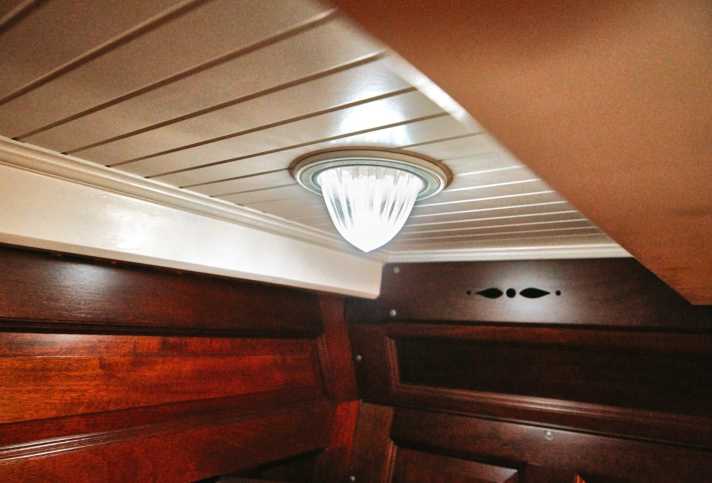
Not everything was better in the past - but some things were. What good solutions are worth rediscovering on board, or: Give me the lemon!
Sun Odyssey 415
Twelve-metre cruiser sets new standards - also in terms of price
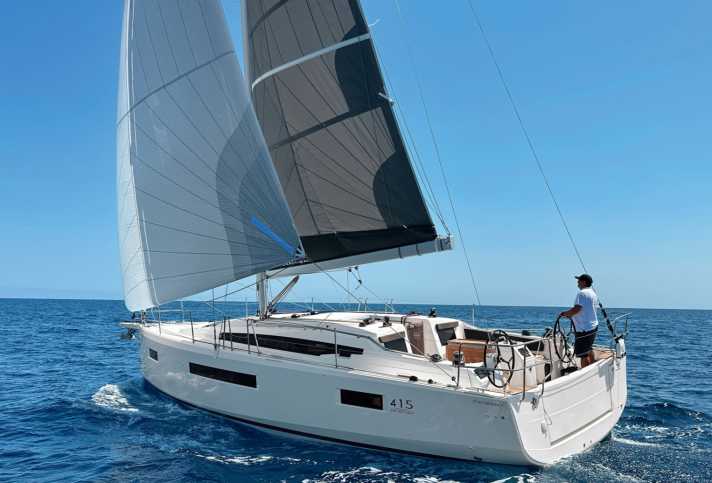
With the launch of the Sun Odyssey 415, Jeanneau is pursuing ambitious line maintenance and turning the price screw - downwards. Will this be a new trend?
Globe40
Penalty shoot-out off La Réunion? Burke and Fink are up!
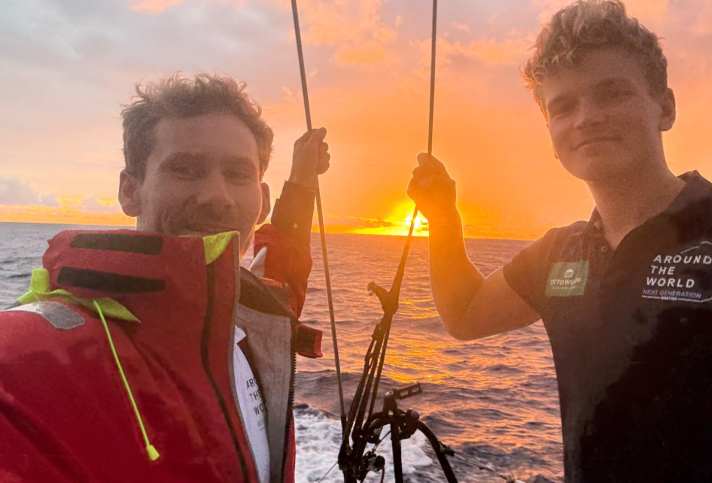
Saturday thriller ahead in Globe40: Lennart Burke and Melwin Fink are back in the lead. Will there be a "penalty shoot-out" off La Réunion?
Halloween
The ghost ship of Gotha
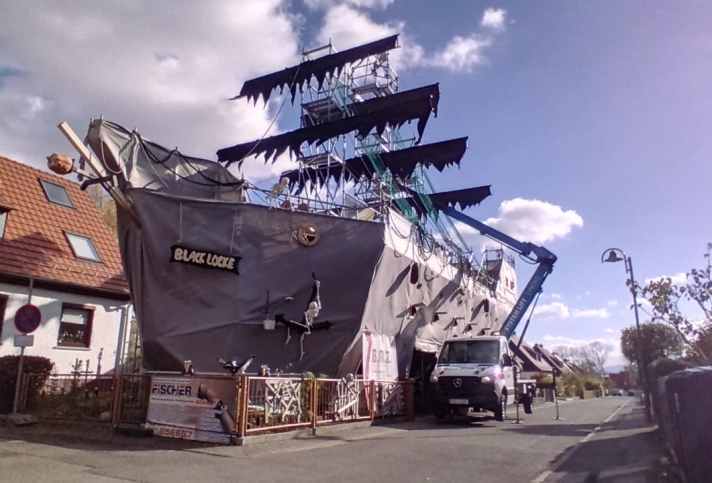
Probably the biggest private Halloween party in Thuringia takes place on a giant ghost ship. Everyone is invited to get spooky and admission is free.
Transat Café L'Or
"11th Hour" in top three, Class40 stops, Beucke injured
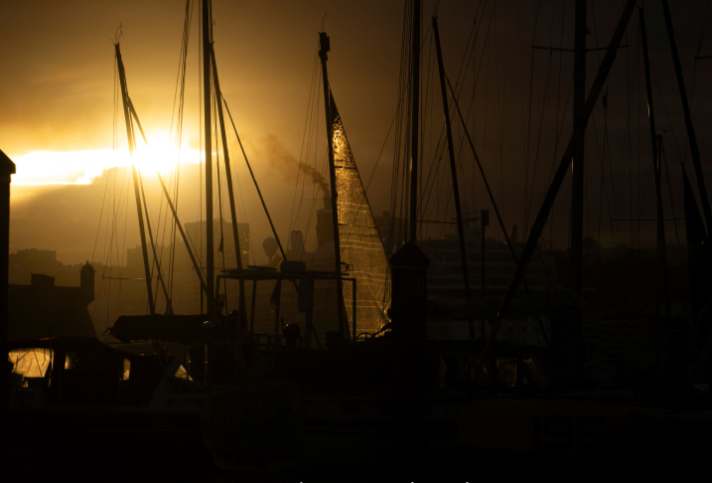
Moving Transat Café L'Or: Boris Herrmann's fellow competitor from the Ocean Race Europe celebrates his 32nd birthday as leader. Sanni Beucke is injured.
Mini-Transat
Fabulous 24-hour record - Benoît Marie shines
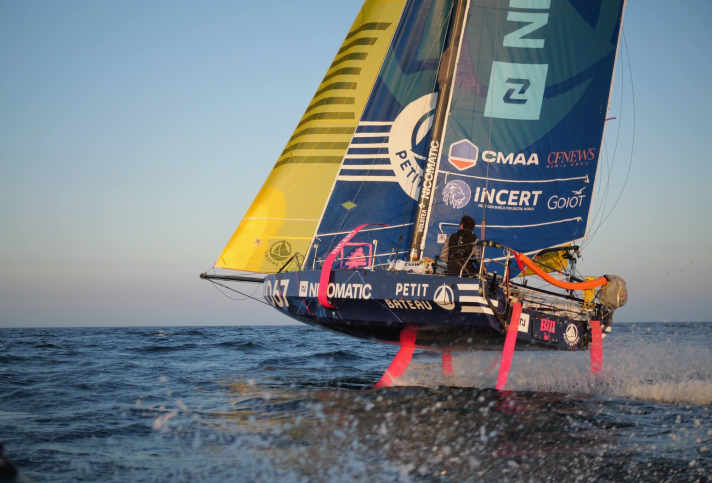
In the La Boulangère Mini-Transat, Benoît Marie on "Nicomatic - Petit Bateau" has raised the 24-hour record. Hendrik Lenz remains in the top group.
Driving licences
DSV warns of loss of quality
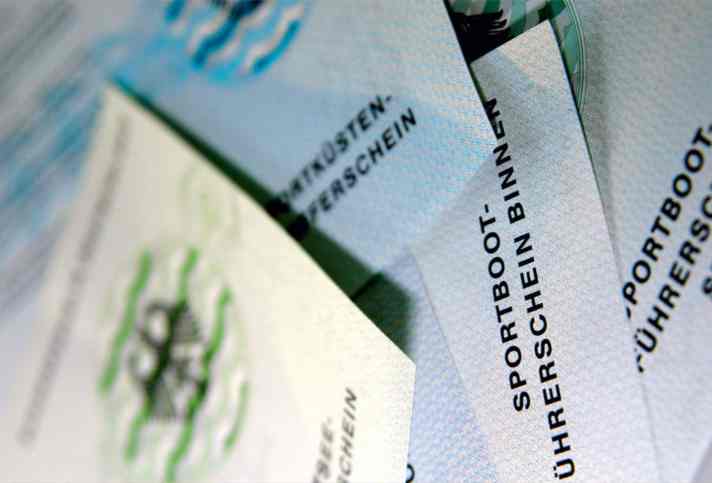
The Federal Ministry of Transport plans to abolish official recreational boating licences. The DSV is now warning of a loss of quality in training.
Oceanis 52
A strong piece of yacht building on the test bench
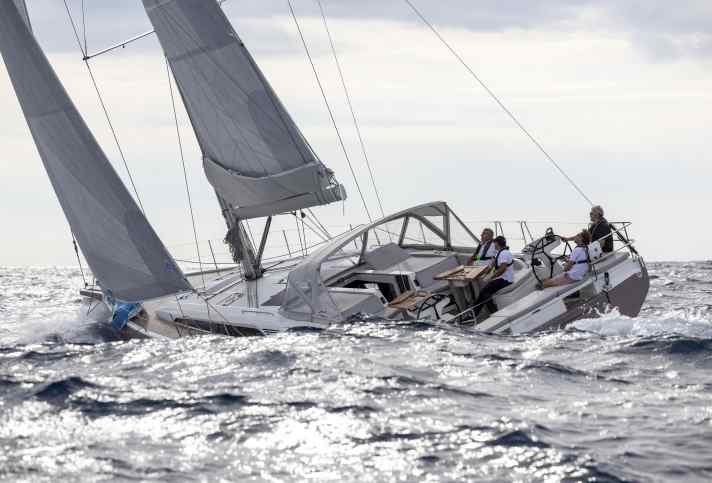
This yacht has nothing to hide. The new Oceanis 52 from market leader Benteau impresses in the YACHT test, with strong sailing characteristics and a high standard of equipment. The first photos from the trial run in Spain.
Boreal 56
Globetrotter for extreme areas in the test
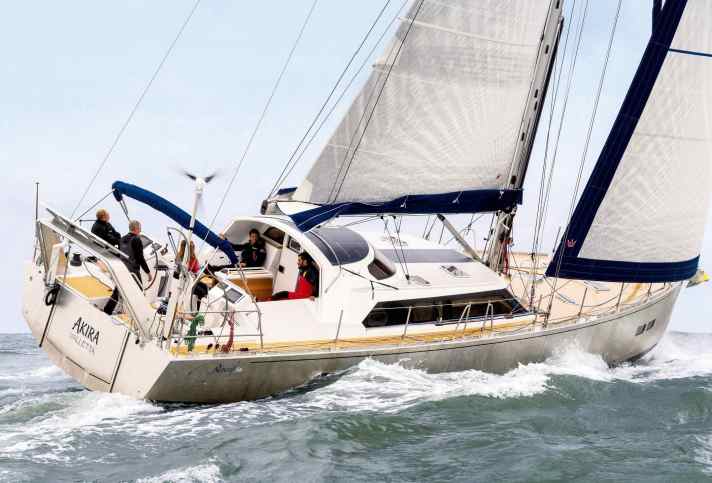
The robust aluminium construction has remained, as have the seaworthy details. With the Boreal 56, the shipyard is practising aesthetics and well-being
Newsletter: YACHT-Woche
Der Yacht Newsletter fasst die wichtigsten Themen der Woche zusammen, alle Top-Themen kompakt und direkt in deiner Mail-Box. Einfach anmelden:

